During the most recent Google IO, there was a presentation about implementing restful client applications. Unfortunately, it was only a high level discussion with no source code of the implementation.
In this diagram, on the return path there are various different callbacks to other methods.
How do I declare what these methods are?
I understand the idea of a callback - a piece of code that gets called after a certain event has happened, but I don't know how to implement it. The only way I've implemented callbacks so far have been overriding various methods (onActivityResult for example).
I feel like I have a basic understanding of the design pattern, but I keep on getting tripped up on how to handle the return path.
